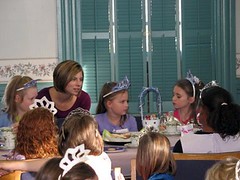 Today I'm taking the option of writing about something other than writing for my course journal. A friend of mine is having a "Witches' Tea Party" tomorrow for her 3- and 5-year old nieces, which should be a lot of fun. She has tea parties for the girls (and they have them on their own, too) from time to time, and they dress up in silly/fancy ways (they read the Fancy Nancy books), wearing hats with feathers, lots of jewelry, and so on. This is the kind of harmless, fun activity kids should be doing, right? The problem comes from stuff the girls have heard when their parents are watching the news. Every time they hear the words "tea party," they think it has something to do with their kind of tea party.
Today I'm taking the option of writing about something other than writing for my course journal. A friend of mine is having a "Witches' Tea Party" tomorrow for her 3- and 5-year old nieces, which should be a lot of fun. She has tea parties for the girls (and they have them on their own, too) from time to time, and they dress up in silly/fancy ways (they read the Fancy Nancy books), wearing hats with feathers, lots of jewelry, and so on. This is the kind of harmless, fun activity kids should be doing, right? The problem comes from stuff the girls have heard when their parents are watching the news. Every time they hear the words "tea party," they think it has something to do with their kind of tea party.Incidentally, my description of her as "pissed off" falls pretty far short of the reality. When I expressed the opinion that her nieces probably were too young to understand anything about what "those people" are trying to do, she told me to "look up fascism in the dictionary, and then tell me it's not a big problem." When I did look it up, I found that she did, kinda/sorta, have a point, but you could debate it, AND I found an online dictionary (yourdictionary.com) that seems to have a right-wing agenda. Interesting. The Wikipedia article on the problems with defining fascism was a bit more helpful, even though I don't really trust Wikipedia.
So, in support of my friend, here's a few articles that "those people" won't like, and a couple about better tea parties.
Search Amazon.com for fancy nancy




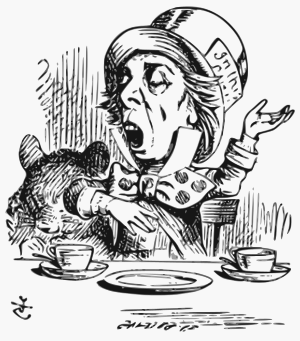



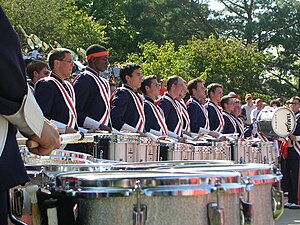





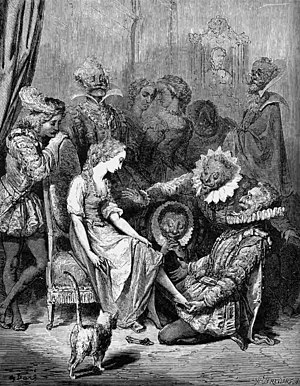
![Reblog this post [with Zemanta]](http://img.zemanta.com/reblog_e.png?x-id=5a918c1e-d610-48bd-a167-1bdb1274c499)

![Reblog this post [with Zemanta]](http://img.zemanta.com/reblog_e.png?x-id=fab6a18c-962d-4646-bdd6-755ca8bbb94e)

![Reblog this post [with Zemanta]](http://img.zemanta.com/reblog_e.png?x-id=f28a26d2-40ab-4235-b873-308c74f40042)

![Reblog this post [with Zemanta]](http://img.zemanta.com/reblog_e.png?x-id=beb42607-3d36-4223-8ab9-fa2e89d4ac80)
![Reblog this post [with Zemanta]](http://img.zemanta.com/reblog_e.png?x-id=98374a19-b021-4b55-9a71-5ad2349a8125)
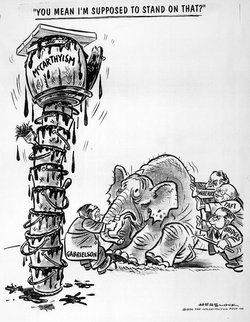
![Reblog this post [with Zemanta]](http://img.zemanta.com/reblog_e.png?x-id=7c1e9ae9-565a-48b4-b1ae-f3aca3a0eca7)
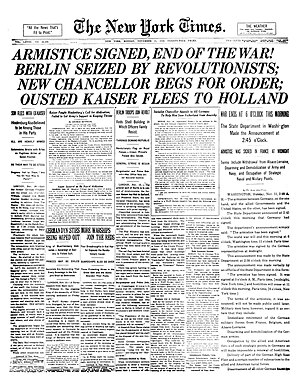
![Reblog this post [with Zemanta]](http://img.zemanta.com/reblog_e.png?x-id=c0d6fe59-4799-46a2-a73f-31df4382786b)

![Reblog this post [with Zemanta]](http://img.zemanta.com/reblog_e.png?x-id=bd61914a-f278-4f96-985f-4b02278525c1)
![Reblog this post [with Zemanta]](http://img.zemanta.com/reblog_e.png?x-id=a60fdb87-73f4-40bb-bd53-a6efb53a7007)
![Reblog this post [with Zemanta]](http://img.zemanta.com/reblog_e.png?x-id=ad17aa16-a09e-4103-b25f-1d69ca7b0521)
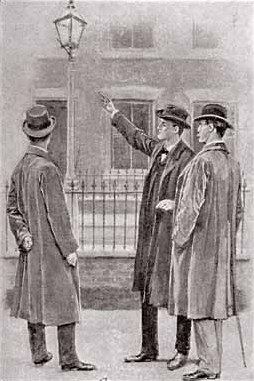
![Reblog this post [with Zemanta]](http://img.zemanta.com/reblog_e.png?x-id=f4ccbab3-91d1-43e7-861c-a57e44772f2e)

![Reblog this post [with Zemanta]](http://img.zemanta.com/reblog_e.png?x-id=d8cd9a45-ff6d-46ca-9061-cb5cd2b069d2)

![Reblog this post [with Zemanta]](http://img.zemanta.com/reblog_e.png?x-id=5488ab87-d176-468d-a29e-e6877db34ebf)
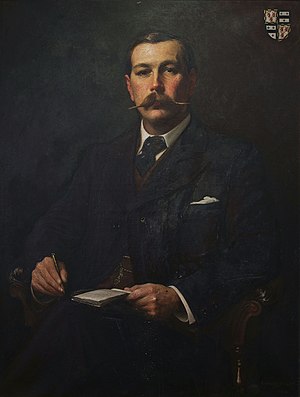

![Reblog this post [with Zemanta]](http://img.zemanta.com/reblog_e.png?x-id=238a4c51-b991-4920-8b9a-4cfb094dc211)
![Reblog this post [with Zemanta]](http://img.zemanta.com/reblog_e.png?x-id=d459bd4a-2c3e-41e1-a033-df0929ce5a8f)
![Reblog this post [with Zemanta]](http://img.zemanta.com/reblog_e.png?x-id=93ed0f23-ba85-43c6-9c92-0beeef381051)

![Reblog this post [with Zemanta]](http://img.zemanta.com/reblog_e.png?x-id=69613ed9-4e43-4529-911d-e285dd5f4c3a)
![Reblog this post [with Zemanta]](http://img.zemanta.com/reblog_e.png?x-id=480cbaec-da4b-4f69-a71e-7327c58b0869)